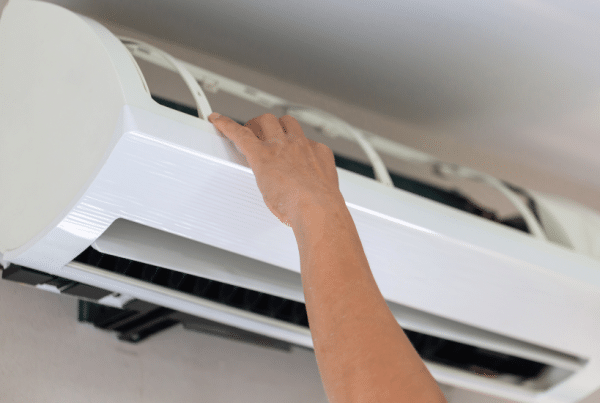How many of us have had to look for another place to rent because your landlord did not allow pets in their properties? This issue has been a problem for years among private renters with pets. It has caused some confusion and altercations for some landlords and tenants.
In many cases, tenants have had to leave their pets with someone else or give them away because they had no other choice but to do so. There are even tenants who are facing eviction because they brought pets into their rented home.
However, the recent changes in the UK government’s model tenancy agreement are set to change the situation significantly.
According to the Ministry of Housing, Communities and Local Government’s new guidelines, automatic bans on common household pets are no longer acceptable and landlords cannot refuse tenants with pets from renting their property. The new Model Tenancy Agreement is now the contract that landlords are recommended and expected to use.
The changes
According to gov.uk, of the thousands upon thousands of private landlords in the UK, only around 7% offered pet-friendly properties in 2020. This is the reason why many renters often find it hard to get a good, suitable, and safe home that allows them to bring their pets. But with the new changes that the government implemented, this may soon change.
As indicated in the new agreement, known as The Dogs and Domestic Animals Accommodation and Protection Bill, the default position for private landlords is consent for pets, although they can object or appeal in writing 28 days or less after the tenant submitted a written pet request. Landlords should present a valid reason (or valid reasons) for objecting to the consent.
Some of the valid reasons landlords can use include:
- Size of the property
- Impracticality
- There are problems about the property surroundings (i.e. it is a series of connected flats)
Tenants also have responsibilities and rules to follow, the most important of which is a responsible ownership test that they need to pass. This test includes pet microchipping, the pet’s vaccination records, proof that the pet is responsive to basic commands, and defleaing and deworming. Renters should prove that they are responsible pet owners and have well-behaved pets.
Before the changes, some landlords allowed pets in their properties but for an extra deposit (aside from the tenancy deposit). The five weeks’ rent limit, instituted by the Tenant Fee Ban, still had to be followed though. Landlords can use the pet deposit in case there are damages to the property at the end of the tenancy. Most private landlords, however, preferred to put to good use the blanket ban on pets to prevent their tenants from bringing animals into the property. Anytime they are caught with animals within and inside the property, their landlords can evict them.
Tenancy agreement
One of the terms of the tenancy agreement is for tenants to ensure they keep the rented property in good condition throughout the length of their stay. As such, they are expected to practice proper maintenance, meaning if they have pets, they are responsible for keeping the furniture free of scratches and making sure sofas and carpets are not covered with fur and do not smell of pet waste.
If tenants leave the property in a dilapidated state – especially after their tenancy has ended – this can be a cause for landlords to hold their deposits. Landlords will have the option to deduct a portion of the deposit for repair cost or to refuse the refund altogether.
If pet owners stay true to all the terms in the tenancy agreement, landlords shouldn’t have any reason to hold deposits. Tenants who leave the rented property in good condition, or in a similar manner to when it was turned over to them at the start of the tenancy, should get their deposit in full. If they do not, they can file a tenancy protection compensation claim.
Get back your deposit
If you are stuck in a situation similar to the one described above, you can still get back your deposit. All you have to do is find a team of solicitors who are experts in tenancy deposits. You’ll need their guidance and assistance in filing a tenancy deposit protection compensation claim, which can be challenging and tedious. If you have experienced experts on your side, going through the process will be easier and more convenient. This is particularly true if you find out your landlord has not protected your deposit.
The tenancy deposit protection experts at Tenancy Deposit Claims are authorised and regulated by The Solicitors Regulation Authority, so you are guaranteed to get reliable, first-rate professional service. Tenancy Deposit Claims solicitors are committed to helping tenants like you get back what their landlords took from them. With an expert team, the chances of getting your claim successfully are higher.
Best of all, you don’t have to worry about costly fees because Tenancy Deposit Claims makes claiming compensation easy with a no-win-no-fee guarantee. Get in touch with our expert and experienced team now.








